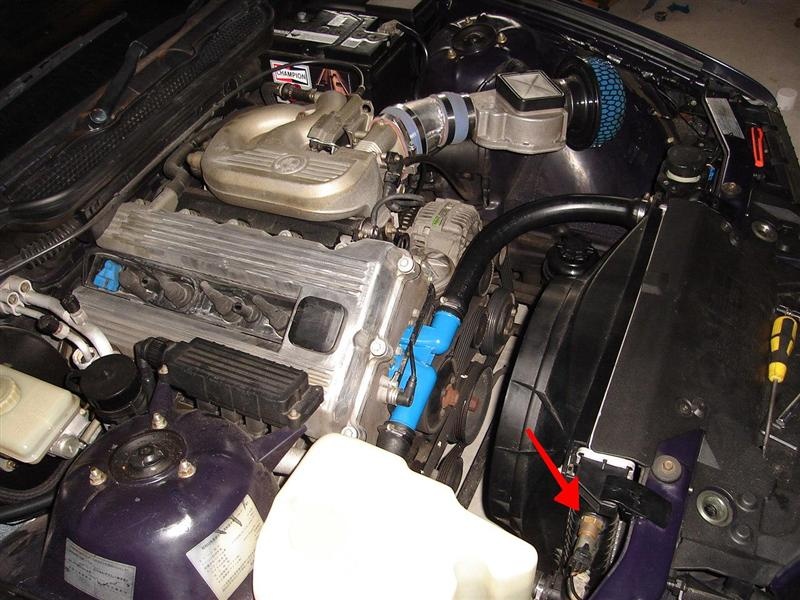BMW 318ti: A Classic Compact with Ageless Allure
BMW 318ti: A Classic Compact with Ageless Allure
Blog Article
Important Factors To Consider for Choosing the Ideal Engine for Your Needs
In the world of selecting the ideal engine to satisfy your requirements, a number of essential variables demand precise factor to consider to ensure ideal performance and effectiveness. From the nuanced equilibrium between power and efficiency to the often-overlooked aspects of upkeep and solution requirements, each aspect plays a critical duty in determining the most ideal engine for your certain demands. As the complexity of engine innovations proceeds to evolve, discerning one of the most fitting alternative necessitates a deep understanding of the interplay in between numerous factors to consider. By exploring the complex web of aspects that underpin this decision-making procedure, a clearer path emerges towards picking an engine that not just fulfills yet surpasses your expectations.
Power and Performance
When evaluating engines for optimum efficiency, it is crucial to focus on both power result and performance. Power result gauges the capacity of an engine to create power, which straight affects its performance. A high power output is essential for demanding tasks such as high-speed needs or durable applications. It guarantees that the engine can deal with the workload effectively and efficiently. Power alone is not adequate; efficiency plays a substantial function in identifying the total efficiency of an engine. Efficiency describes exactly how well the engine converts gas into usable power. A much more efficient engine will certainly provide better gas mileage, lower emissions, and lowered operating expense. Striking the best balance in between power outcome and effectiveness is essential to picking an engine that satisfies your specific needs. It is vital to take into consideration aspects such as the intended use the engine, ecological effect, and lasting expense implications when making this choice. By meticulously assessing both power and performance, you can choose an engine that provides optimum performance and satisfies your needs effectively.
Gas Efficiency and Economic Situation
In the realm of engine choice, the consideration of gas performance and economy holds critical value. Gas effectiveness describes the engine's capability to transform gas right into power with marginal waste, straight influencing operating expense and ecological sustainability. bmw 318ti. When picking an engine, evaluating its fuel economy is essential to identify long-term savings and environmental impact. Engines with greater gas performance not just minimize fuel expenses but also decrease carbon emissions, adding to a greener procedure.

Compatibility and Application
Taking into consideration the fuel effectiveness and economic climate of an engine, the next important aspect to address is its compatibility and application within details operational contexts. Compatibility refers to how well the engine integrates with the overall system or tools it powers. It entails elements such as physical measurements, installing alternatives, electrical interfaces, and control systems. Making sure compatibility is necessary to stop problems such as getting too hot, vibrations, or power discrepancies (bmw 318ti).
Moreover, the application of the engine is just as important. Different engines are created for details purposes, whether it be industrial machinery, marine vessels, cars, or power generators. Recognizing the desired application allows for the selection of an engine that can deliver the necessary power outcome, torque, and operational characteristics. A high-revving engine made for efficiency cars would certainly not be ideal for sturdy building and construction tools that calls for high torque at reduced rates.
Maintenance and Service Needs
Maintenance and service requirements play an essential duty in guaranteeing the click this long life and optimal efficiency of an engine. Normal maintenance is vital to protect against breakdowns, prolong the life expectancy of the engine, and keep its performance. When selecting an engine, it is very important to consider the manufacturer's recommended maintenance routine and the schedule of solution facilities or certified technicians.
Variables such as the frequency of oil modifications, filter replacements, and general assessments can dramatically affect the engine's efficiency. Some engines might need even more regular servicing based on their layout and use, while others might have longer periods in between maintenance checks. It is vital to follow these solution requirements to avoid expensive repair work and unanticipated downtime.
Cost and Spending Plan Factors To Consider
When selecting an engine for a specific application,Spending plan restraints typically play a significant function in the decision-making process. When taking into consideration the cost and budget plan implications of picking an engine, it is crucial to examine not just the preliminary acquisition cost yet likewise the long-lasting expenses connected with upkeep, fuel intake, and potential upgrades or repair services. It is crucial to strike a balance in between the ahead of time cost of the engine and its general lifecycle costs to guarantee that the chosen engine continues to be financially lasting throughout its operational life expectancy.
Aspects such as fuel durability, performance, and dependability can directly influence the total cost of ownership of an engine. While a more pricey engine may have greater in advance costs, it can possibly result in lower upkeep and fuel expenditures over time, therefore supplying much better worth in the long run.
Verdict

Gas performance refers to the engine's capability to transform gas into energy with very little waste, straight affecting operating costs and environmental sustainability.Variables influencing gas efficiency consist of engine design, combustion effectiveness, and total efficiency optimization. Additionally, choosing the proper gas type and grade as suggested by the engine supplier can additionally boost efficiency and prolong engine life expectancy.
Engines with great use attributes and conveniently offered components can reduce maintenance costs and reduce the time the engine is out of operation - bmw 318ti. It is vital to strike an equilibrium in between the ahead of time price of the engine and its total lifecycle expenses to make sure that the picked engine continues to be financially sustainable throughout its operational lifespan
Report this page